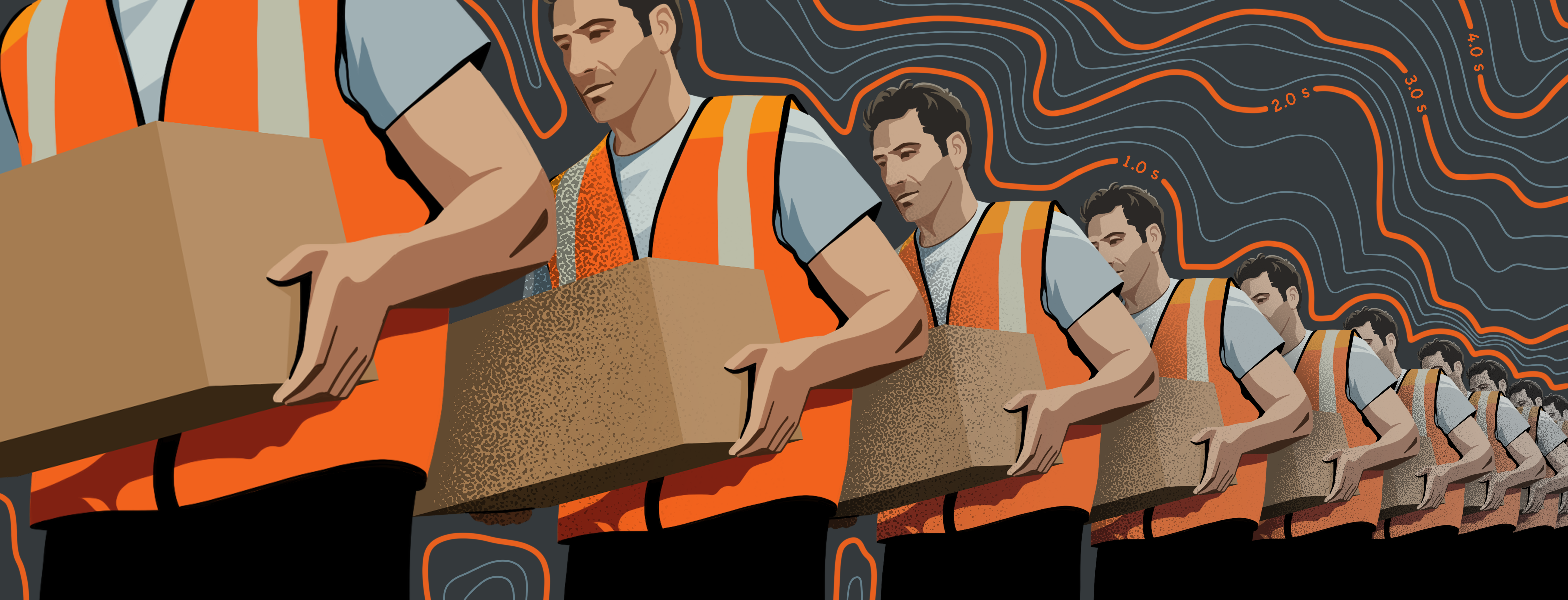#Design Research #Industrial Design #Sustainability
Your Guide to Sustainable Product DevelopmentINSIGHTS + NEWS
#Design Research #Logistics #Time & Motion Study
Evaluation Methods – Which One Do You Need?
#Human Factors Engineering #Product Development #User-Centered Design
Formative Human Factors Studies Elevate the Design Process and Ultimately Drive Market Success
#FDA #Human Factors Engineering #User-Centered Design
Human Factors Engineering Process for Medical Devices
#Design Research #Logistics #Time & Motion Study
Unlock Hidden Productivity with Time & Motion Studies
KALEIDOSCOPE IS
A BOLD PERSPECTIVE.
